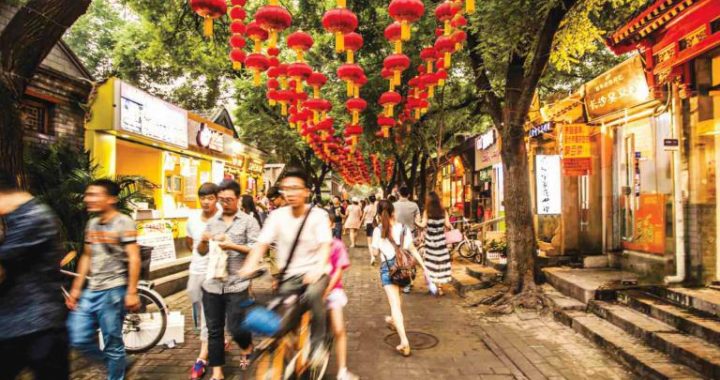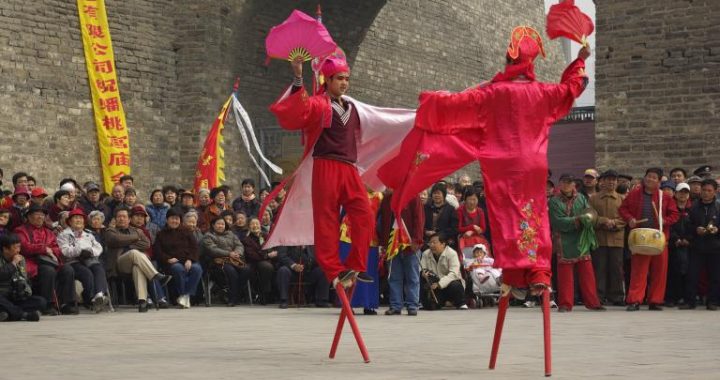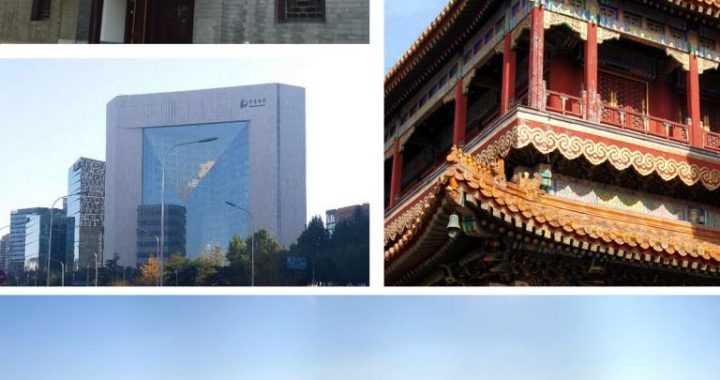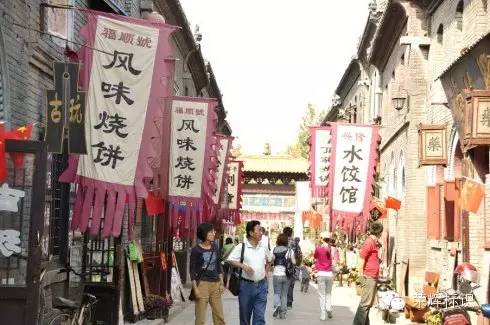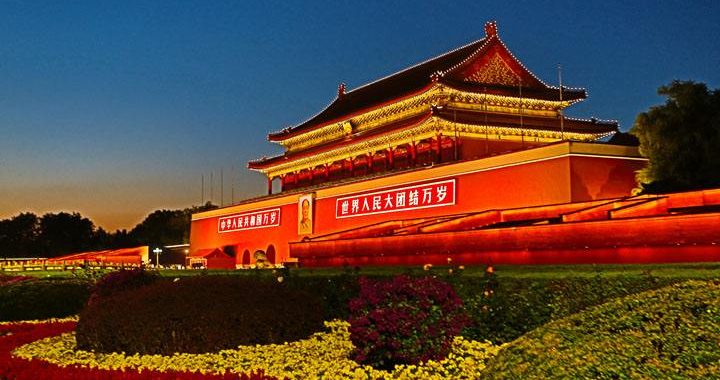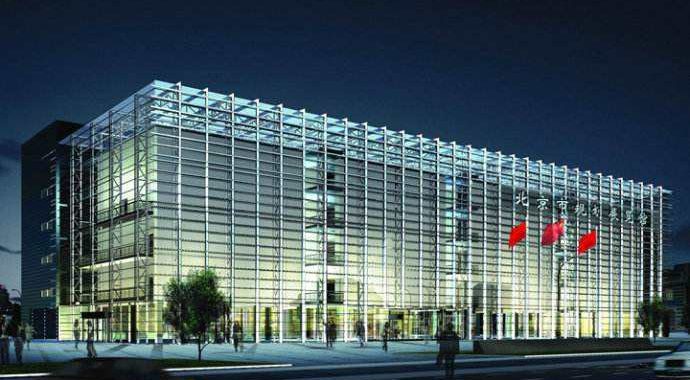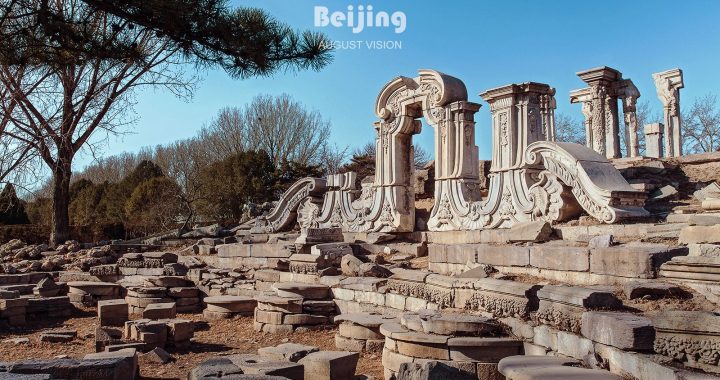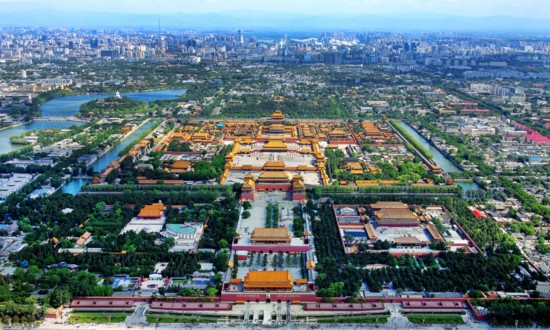Hutong culture
2 min readHutongs represent an important cultural element of the city of Beijing.Thanks to Beijing’s long history and status as capital for eight dynasties,almost every hutong has its anecdotes and some are even associated with historic events.In contrast to the court life and elite culture represented by the Forbidden City,Summer Palace and the Temple of Heaven,the hutongs reflect the culture of grassroots Beijingers.The hutongs areresidential neighborhoods which still form the heart of Old Beijing.
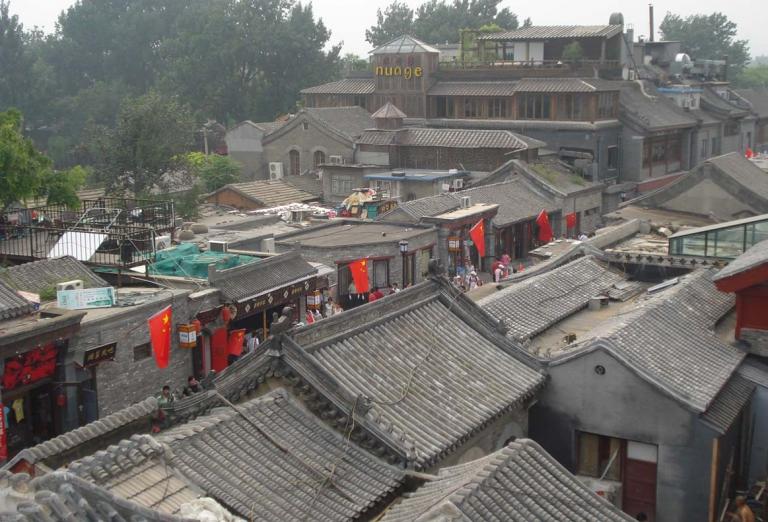
Beijing City is like a boxy bean curd or a chess board with eachhutong lying due north to due south or due east to due west.This square layout not only influences Beijingers’way of living,but also influences their thoughts and actions.
Their names are all-embracing and relate to their location,origin or history,such as Lumicang,Fuxue and Gongyuan hutongs which were named by official organizations.The one named by craftsmen and ordinary people was earthenware pot Liu(now Dashaguo)Hutong,maybe there once lived a Mr.Liu who sold earthenware pots.

Those who was named by the market trade Xianyu Kou Hutong(Fish street),for it once was the place where fish was sold.Some hutongsbore the names of horses and mules because these animals were once traded there.Some took their name from special landmarks,such as Stone Tiger,Iron Lion and Cypress hutongs.Their names are regarded as important materials when studying Beijing culture.

People enjoyed their easy life in Siheyuan(the courtyard distributed orderly).They lived a peaceful and harmonious life inthese small“boxes”,away from the hustle and bustle of the streetsoutside.Their daily needs could be fully satisfied by hawkers who sold vegetables,eggs,fruits and snacks.In the past,they could even get their hair cut by the itinerant barbers without walking out of their neighbourhood.The winding and narrow Hutongs were heaven for children playing games.They played rubber-band skipping,kicking shuttlecocks and hide-and-seek.Even in modern times,young boys gettogether and hold football matches in these narrow lanes.Those who live in them love their way of life so much that it is often described by the Chinese as a culture of happiness and harmony.
However,the love of this way of life can become a burden for some Hutong-dwellers.Because many people have never known anything outside,they are reluctant to move house.People have lived in the same Hutong for decades,until the foundations are too weak to hold the weight of the house and until the roof allows rain in.But for these people,their houses still have value because they love the way of life there.In this insular environment people live simply and happily but are unwilling to change.
